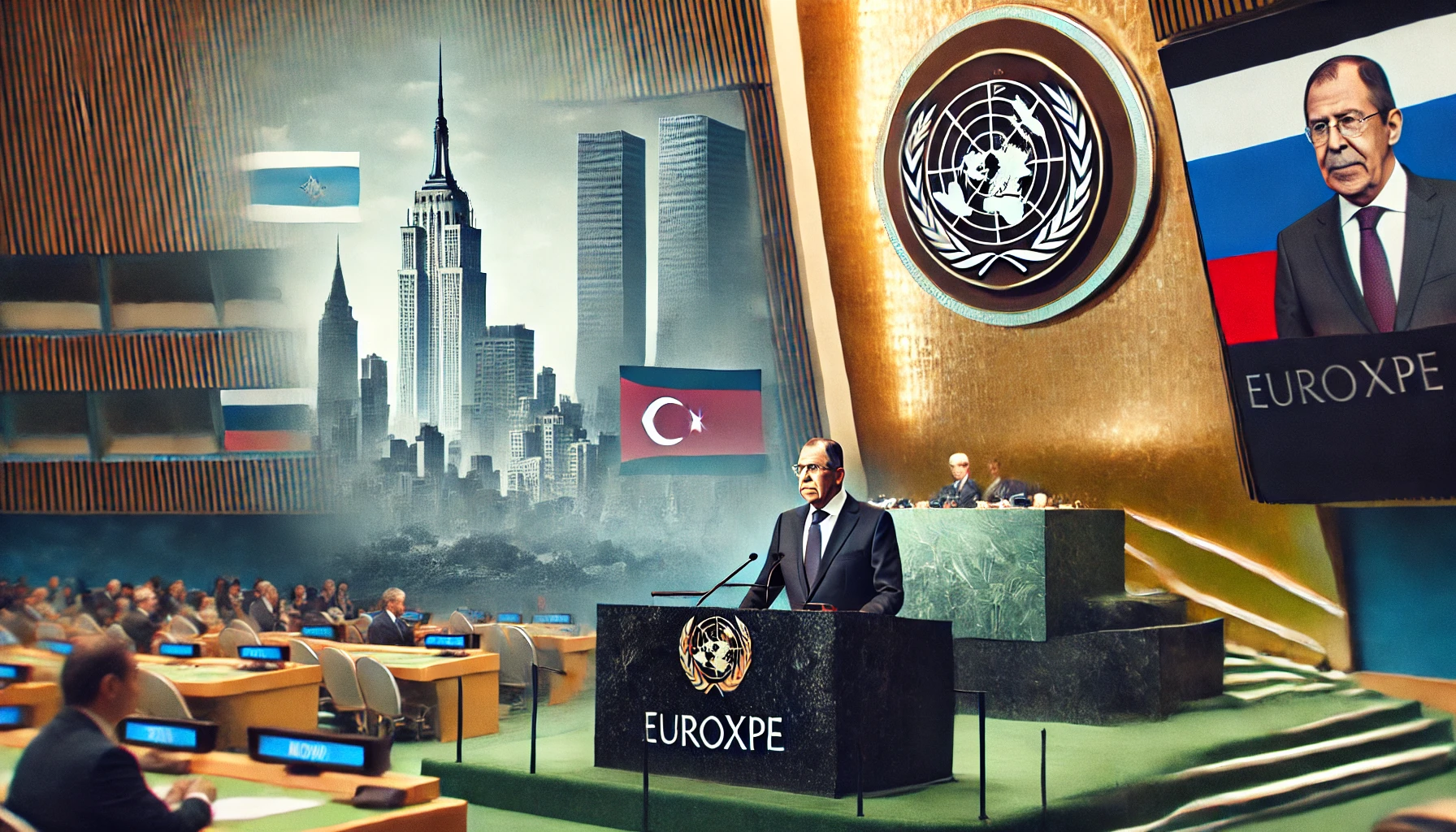A Russian missile has reportedly hit a Turkey-operated cargo ship bound for Ukraine, marking a significant escalation in the ongoing Black Sea conflict. The incident, which occurred 48 kilometres off the Romanian coastline, has prompted strong reactions from officials in both Bucharest and Kyiv. Despite the seriousness of the attack, no casualties were reported, although the vessel sustained substantial damage.
The cargo ship, delivering Ukrainian grain to Egypt, was allegedly targeted by a Russian strategic bomber, as stated by Ukrainian authorities. The missile strike is seen as a deliberate attempt to disrupt grain exports, a critical component of global food security. Ukrainian President Volodymyr Zelenskyy confirmed the details of the attack in a social media post, releasing photos that depict the damaged parts of the vessel. Although the strike occurred outside the territorial waters of Romania, it was within the country’s exclusive maritime economic zone.
Romania Condemns Russian Aggression
Romania’s Defence Minister, Angel Tîlvăr, swiftly condemned the attack, describing it as further evidence that the Black Sea has shifted from a cooperative region into a theatre of war. In a strongly worded statement, Tîlvăr declared that Romania “strongly condemns the unprovoked and illegal Russian aggression against the Ukrainian people, especially the attacks on the Ukrainian civilian population and infrastructure.”
Romania’s Ministry of Foreign Affairs also joined the chorus of condemnation, calling the missile strike “an unprecedented escalation” in Russia’s war against Ukraine. The ministry highlighted that targeting a civilian cargo ship violates international law, particularly the rules governing warfare at sea. Such an act underscores the growing dangers in the Black Sea, not only for Ukraine but for all nations involved in shipping and trade in the region.
International Reactions
The missile attack has drawn criticism from the international community, including the United States. US Ambassador to Ukraine, Bridget A. Brink, was quick to respond, labelling the strike an “escalation” and a blatant violation of international law. Ambassador Brink emphasised that such actions threaten global food security, especially in light of Ukraine’s significant role as a grain exporter.
The targeting of a vessel carrying grain to Egypt adds another layer of complexity to the already volatile situation in the Black Sea, where shipping lanes have become increasingly dangerous. Brink’s statement reflects the wider concerns of the global community, which fears that Russia’s aggressive tactics could lead to a more significant disruption in international trade and exacerbate the existing food crisis in vulnerable regions.
Russia Denies Responsibility
Despite the mounting evidence, Moscow has denied any involvement in the attack. Kremlin spokesperson Dmitry Peskov, speaking to the Tass news agency, claimed that the Kremlin was unaware of any accusations from Kyiv. “The Kremlin is not familiar with accusations from Kyiv that Russia allegedly attacked a grain ship in the Black Sea,” Peskov said, deflecting responsibility.
This denial is consistent with Russia’s broader strategy of distancing itself from direct accountability in Black Sea incidents, even as tensions continue to rise. While the Ukrainian government insists that the missile was launched by a Russian aircraft, Moscow has repeatedly employed tactics of denial, leaving much of the international community sceptical of their claims.
Broader Implications for the Black Sea Region
The incident highlights the growing risks for commercial vessels navigating the Black Sea. With the region already heavily militarised due to Russia’s ongoing invasion of Ukraine, such attacks are becoming more frequent, threatening not only regional stability but also the global economy. The shipping industry, crucial for the movement of grain, oil, and other commodities, now faces increased uncertainty as both military and civilian ships become potential targets.
As the conflict deepens, Romania and other Black Sea nations are likely to take further steps to safeguard their economic zones and shipping lanes, but the situation remains precarious. In the absence of a diplomatic solution, the risk of further escalation is ever-present, with the potential to disrupt not just the regional economy but the global food supply chain as well.
This article is based on information from multiple news agencies, including Tass and Kyiv’s official sources.






